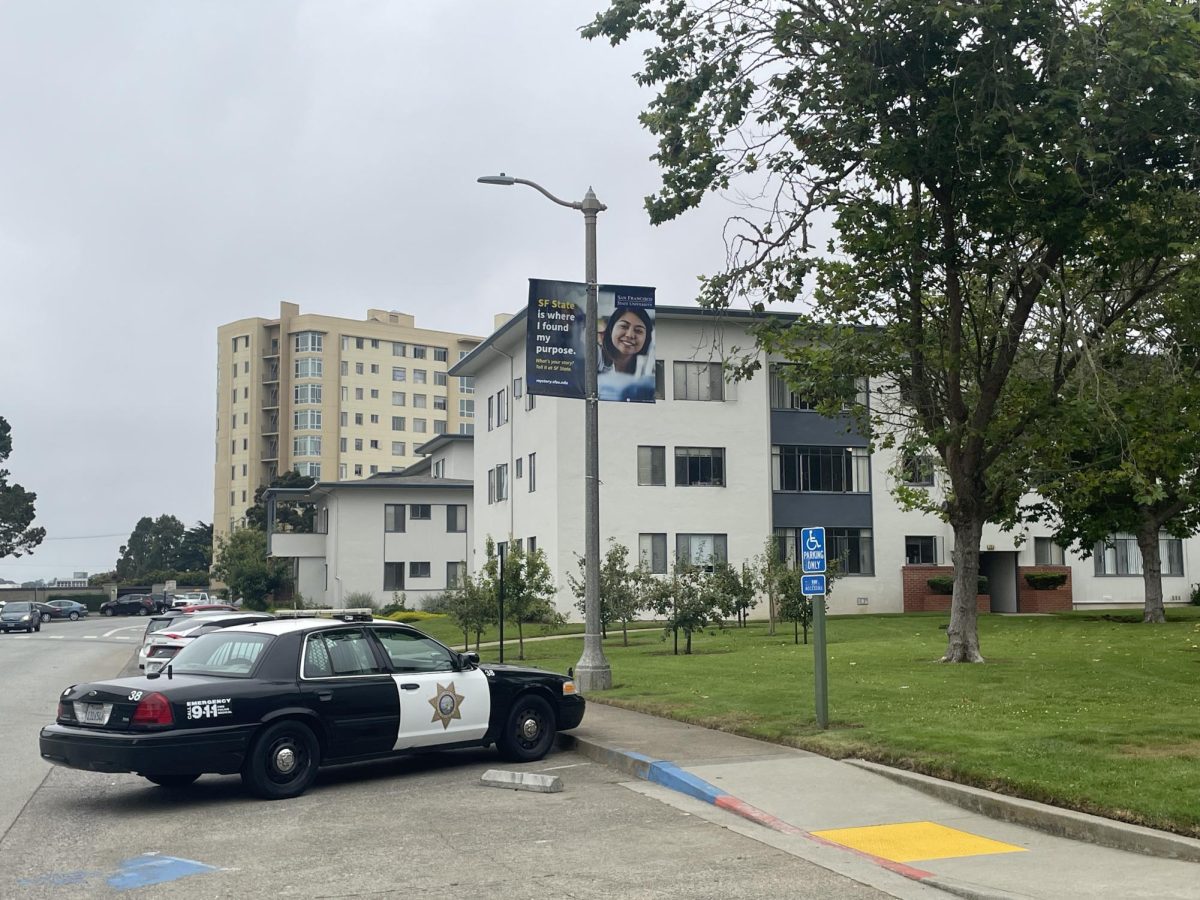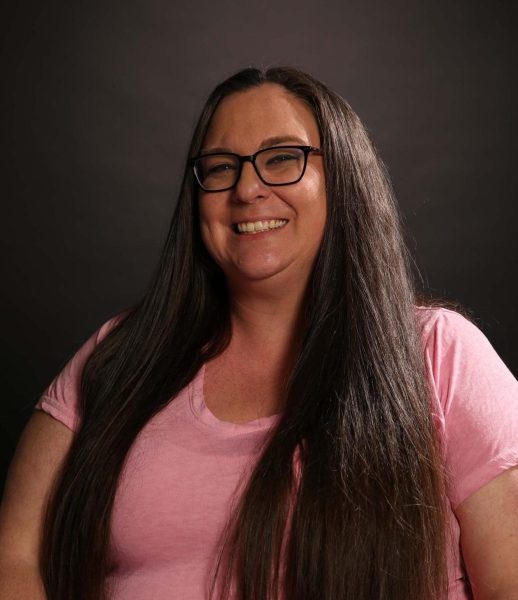The annual security report released last month detailed a rise in reported crimes at San Francisco State University between 2021-2022.
The sharpest increases were motor vehicle thefts, referrals to disciplinary action for drug and liquor law violations and sexual assault reports involving rape and fondling:
- The jump in motor vehicle theft went from zero in 2021 to 15 in 2022, with eight being on public property.
- Referrals to disciplinary action for drug law violations went from nine in 2021 to 67 in 2022, with 58 occurring on campus. Liquor law violations increased from one in 2021 to 11 in 2022.
- Cases involving fondling went from six in 2021 to nine in 2022.
- Reports involving rape jumped from three in 2021 to five in 2022.
Meanwhile, the SFSU Downtown auxiliary campus on Spear Street and the Estuary and Ocean Science Center in Tiburon reported zero crimes in 2020 and no increases from 2021-2022.
University Police Department Chief Reggie Parson attributed the rise in crime on the main campus to the return of in-person classes post-COVID-19 pandemic.
“The main campus is primarily where most of our students attend their courses,” Parsons said in an email. “There is a saying that theft is a crime of opportunity. With that being said, if there are more vehicles in a given location, there is more opportunity for criminals to steal motor vehicles,” attributing the rise in crime to the number of people on campus.
UPD has several safety measures in place to prevent crime on campus, according to steps outlined in the annual security report.
In addition to the blue emergency call boxes located across campus, students are able to call UPD from any elevator phone, or 911 from any campus phone.
UPD has a 24/7 direct call line service at (415) 338-2222. Its non-emergency line can be reached at (415) 338-3030. Anonymous tips can be reported online.
In addition to the resources offered by UPD, various campus groups take preventative measures to reduce the amount of crimes reported.
The SAFE Place is one such program under the Counseling & Psychology Services department that provides confidential and free counseling, as well as support resources to victims of sexual and gender-based violence.
Nour Loren, program manager at The SAFE Place, linked substance abuse to sexual violence.
“Substance use is a big problem in general and also leads to these environments where violence occurs, unfortunately,” Loren said. “I can say that there’s usually substance use in the situation, and it’s all connected.”
Loren also named the COVID-19 pandemic as a factor behind the increase in crime rates.
“At the root of gender-based and sexual violence is power and control, but I think what may be impacting an increase in the numbers is people don’t know how to socialize,” Loren said. “I think COVID didn’t help in terms of socializing this particular group of students.”
The SAFE Place takes a harm reduction approach to preventing substance abuse and sexual assault, according to Loren.
“These systems are not working, right? I think that we can see that, and a lot of different systems don’t work, so what can we do to make it more equitable and sustainable?”
To educate students on sexual violence and substance use, the SAFE Place conducts presentations campus-wide on the services provided by the program. It also distributes informational material regarding sexual violence.
Loren has already spoken to several Greek life organizations on campus about the importance of consent and managing substance use, and intends to speak to athletics groups.
“I do specifically touch on the role that substances play in victimization,” Loren said.
At the college level, Loren believes in the importance of harm reduction and widespread education on consent and support resources. However, she acknowledged that the measures provided by the SAFE Place may not be sufficient.
“I think there needs to be conversations earlier about drinking behaviors or how to socialize correctly; what’s appropriate behavior sooner than when you get to college,” Loren said. “I think that’s fundamentally what needs to be done; there needs to be more communication around these things, beginning probably in middle school.”
Loren indicates that the solution to better behavior is what SFSU is in business for – teaching.
“One thing that I’m trying to introduce is a curriculum for students to have to engage in these topics before they come on campus into their first semester here,” Loren said.
Loren acknowledged that SFSU students will behave as all young people do — especially after a prolonged deprivation of social contact — but emphasized the importance of mindfulness and informed behaviors to prevent substance abuse and sexual violence.
“Have fun, enjoy your college experience, but let’s talk about a way to do that safely where you’re not under the influence to the point where you are at risk,” Loren said.









